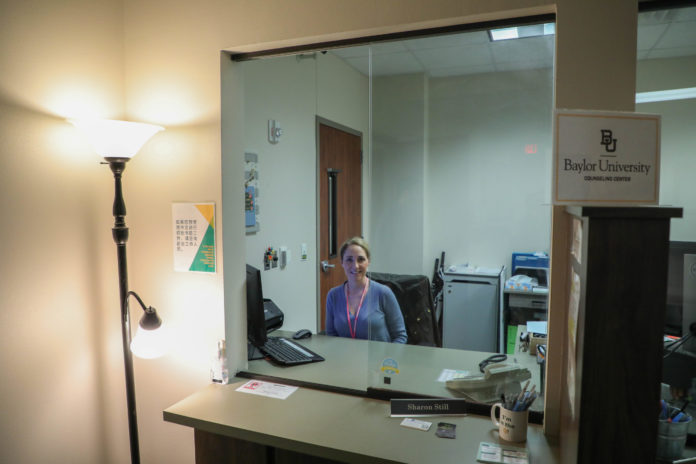
By Lexi Masarweh | Staff Writer
National Suicide Prevention Week is this week, bringing health professionals together to spread awareness, help individuals who struggle with mental health and teach others to recognize suicidal warning signs.
“Suicide is the second leading cause of death for people aged 18 to 24, and over 1,100 college students take their own life each year,” Dr. Randal Boldt, licensed clinical psychologist and Baylor senior associate and training director, said. “Because of these sobering numbers, every mental health professional is highly trained in suicide prevention, and we want to train every student in layperson interventions. As a caring community, Baylor can work together to take care of each other. Mental health matters!”
Baylor provides several ways to receive help and to promote mental health awareness, such as the Counseling Center, which is a resource for students who struggle with mental health and need to get help.
“We reach out to both students and professors on a regular basis,” Boldt said. “In fact, suicide prevention is most effective when the entire university works together to keep our colleagues and friends safe.”
The Counseling Center provides both in-person and telehealth counseling sessions. After hours, it has counselors responding to a crisis phone line, which anyone can call at 254-710-2467. The number is also on the back of every Student ID.
“The Baylor Counseling Center prioritizes students struggling with suicidal thoughts and feelings every day and every week of the semester,” Boldt said.
Boldt said the Counseling Center provides layperson training for faculty, staff and students on how to respond to someone who may be suicidal.
Question-Persuade-Refer Gatekeeper training teaches steps that can help save a life. Boldt said that he encourages every student to attend QPR Gatekeeper training.
“Talking about suicide is very difficult for a lot of people, and so having a training that helps people to feel more comfortable — to know what questions to ask, know what resources there are — and just being able to have that comfort to help anybody who is struggling to not feel alone … This gives them tools,” Lilly Ettinger, assistant director of Wellness and Recovery Services, said.
Vancouver, Wash., junior Grace Fulfer said that professors need to be more understanding and that Baylor needs to do more regarding students’ mental health.
“We are in this private school bubble,” Fulfer said. “Professors are not posting their lectures. They aren’t posting their notes. I feel like if I miss because I’m sick there is no going back from that, and there’s that constant stress on all of us. We just need some place to go to reach out to, and we will be more successful because of that.”
Fulfer said that she feels Baylor is not doing a good job because she went to the Counseling Center, and it only offered her group therapy and told her she needed to find a new therapist in Waco after a year.
“Baylor advertises it as like, ‘You can go get a therapist; you can get all the mental health help that you need,’ and it was not the one-on-one help that I felt like was going to be most beneficial for me,” Fulfer said.
The Department of Wellness is hosting Baylor Wellness Night to promote mental health at 5:30 p.m. on Sept. 8 on Fountain Mall. This is a resource fair that includes fun activities, such as workout demos, refit, boxing, yoga, Bollywood and Zumba.





